Do you want to live a long and happy life? Do you want to find your purpose and see life differently? If so, then the Ikigai book summary is worth reading.
This ancient Japanese philosophy has enveloped how Japanese people live, and some believe it’s even the reason for their happiness and longevity.
Many people in Western culture have chosen this way of finding a meaningful career.
In this blog, we’ll summarize the Ikigai book with the importance and meaning of Ikigai. We’ll also discuss how to find and implement your ikigai.
So, let’s dive in.
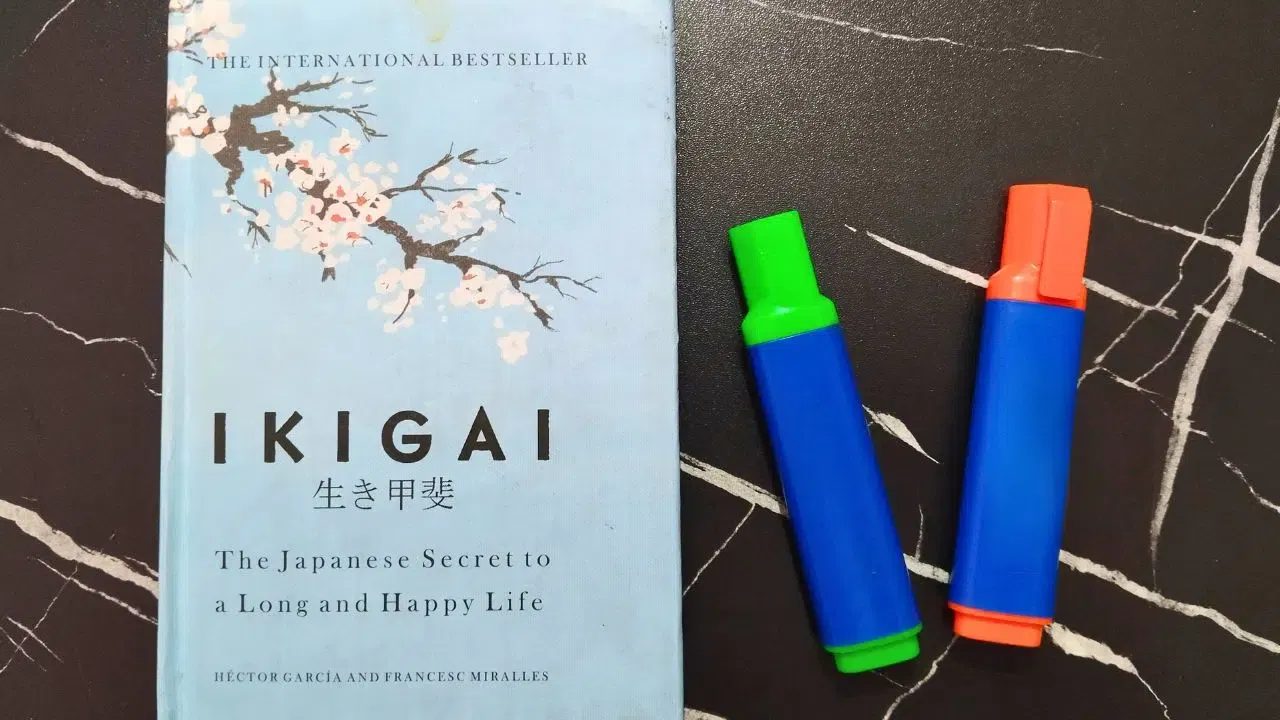
- Chapter Wise Book Summary Of Ikigai
- 1. Ikigai: The Art of Staying Young While Growing Old
- 2. Antiaging Secrets: Little Things That Add Up To A Long And Happy Life
- 3. From Logotherapy to Ikigai: How to live longer and better by finding your purpose
- 4. Find Flow in Everything You Do: How to turn work and free time into spaces for growth
- 5. Masters of Longevity: Words of wisdom from the longest-living people in the world
- 6 Lessons from Japan’s Centenarians: Traditions and proverbs for happiness and longevity
- 7. The Ikigai Diet: What the world’s longest-living people eat and drink
- 8. Gentle Movements, Longer Life: Exercises from the East that promote health and longevity
- 9. Resilience and Wabi-sabi: How to face life’s challenges without letting stress and worry age you
- Ikigai Book Quotes
- Takeaways
Chapter Wise Book Summary Of Ikigai
The book Ikigai: The Japanese Secret to a Long and Happy Life is written by Héctor García and Francesc Miralles.
The book covers topics related to the art of living, such as the blue zones, longevity, logotherapy, flow, yoga, tai chi, and resilience. They discuss that living a long and full life is under your control to an extent.
The author shows the secret of Japanese longevity and happiness in the following chapter. He also helps you gain positivity and enthusiasm.
Here are some of the major reasons you should thoroughly read Ikigai book summary:
- Help you find your purpose.
- Teach you how to live a long and happy life.
- Help you gain positivity and enthusiasm.
- Teach you how to live in the present moment.
- Help you find balance in your life.
1. Ikigai: The Art of Staying Young While Growing Old
What is Ikigai
Our ikigai is the reason we get up in the morning and what brings satisfaction, happiness, and meaning to our lives. It is “a reason for being” or “a purpose in life”.
Our ikigai is hidden deep inside each of us; it takes patience to find it. Through this book, the author helps readers understand the in-depth meaning of ikigai and also helps them find it.
They share ideas from Japanese philosophy about how to keep the body, mind, and soul healthy.
Your ikigai can change over time as you grow and evolve. It’s important to be open to new experiences and to keep searching for what brings you joy and fulfilment.
Apply the concept of “ikigai” to our lives, such as fostering a sense of community, staying active, and eating healthily.
In Japanese, ikigai is written by combining “life,” and “to be worthwhile”.
The author also discusses the studies done on the people who lived in Blue Zones.
What is Blue Zones
Dan Buettner divides them into five regions in his book The Blue Zones. They are the geographic regions where people live longer lives than the rest of the world’s population.
They also suffered less from fewer chronic illnesses such as heart disease, an inflammatory disorder, and BP. Their life is full of vitality and health.
- Okinawa, Japan (especially the northern part of the island).
- Sardinia, Italy (specifically the provinces of Nuoro and Ogliastra).
- Loma Linda, California.
- The Nicoya Peninsula, Costa Rica.
- Ikaria, Greece.
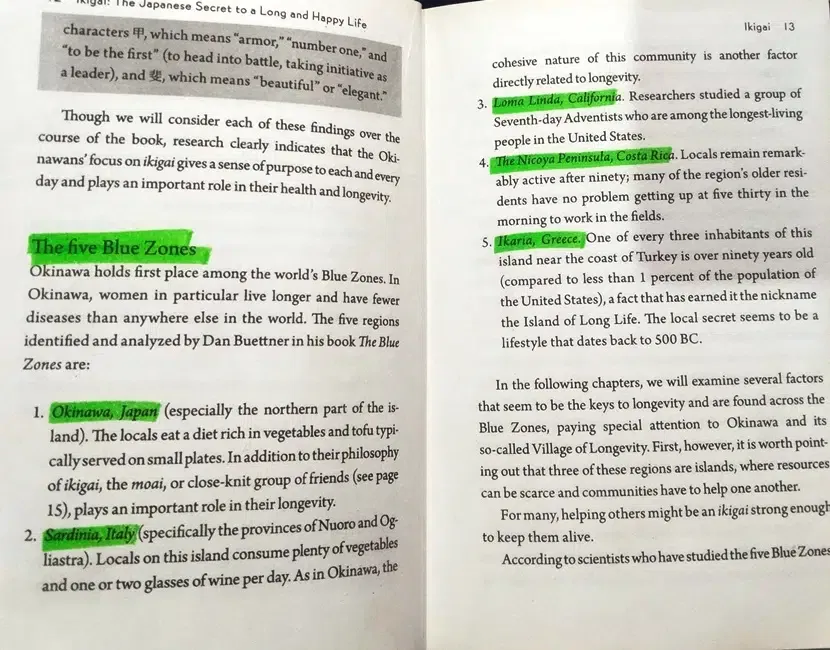
2. Antiaging Secrets: Little Things That Add Up To A Long And Happy Life
The writer discusses numerous strategies for combating aging.
Active Mind, Youthful Body
There is much wisdom in the classic saying “mens sana in corpore sano” (“a sound mind in a sound body”). It reminds us that both the mind and the body are essential for a healthy life and the secret of anti-aging.
Maintaining an active and adaptable mind is one of the key factors to staying young.
Just like a lack of physical exercise hurts our bodies and moods, a lack of mental exercise hurts us because it weakens our neurons and neural connections. That is why it is important to train your brain.
You can train your brain by learning something new daily, writing, reading, playing games, and interacting with people.
Live An Active Lifestyle
The author said that due to a sedentary lifestyle, our health is degrading, which is, in turn, affecting the quality of our lives.
To improve our health, we need to live an active lifestyle. It is also simple to change your routine. We add these simple habits to stay active and healthy.
- Walk to work or walk while on the phone. Try to do it for at least twenty minutes each day.
- Use your stairs instead of an elevator or escalator.
- Participate in social or leisure activities.
- Replace your junk food with fruit.
- Get the right amount of sleep. Seven to nine hours is good.
- Play with children or pets, or join a sports team.
- Be conscious of your daily routine.
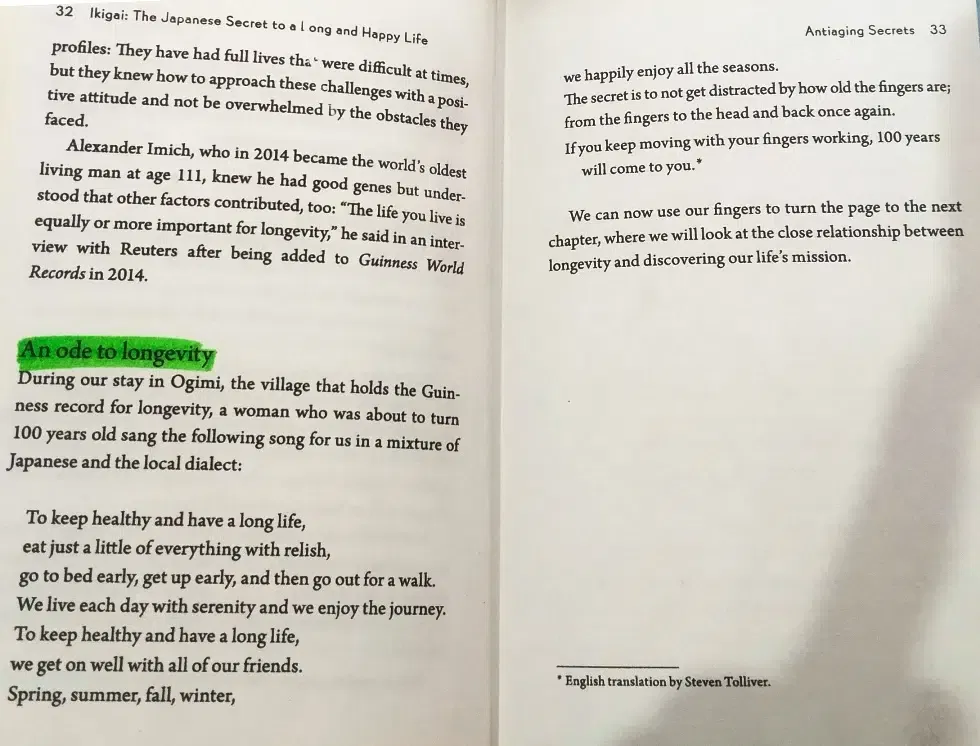
Manage Stress
People these days live at a fast pace and are always in a state of competition. In this state, fast-pitch stress is natural. Constant stress leads to the weakening of cell structures known as telomeres, which impact cellular renewal and how our cells age. It can cause irritability, insomnia, anxiety, and elevated blood pressure.
The author says to reduce stress, we need to practice mindfulness. Meditation is one way to become more mindful. Meditation helps us filter out the information that comes in from the outside world. Breathing exercises, yoga, and body scans can help you achieve it.
3. From Logotherapy to Ikigai: How to live longer and better by finding your purpose
In this chapter, the author discusses Logotherapy, Morita therapy, Nikan meditation, and ikigai to find a purpose in life.
Logotherapy
Logotherapy was developed by Viktor Frankl in which the patient sits up straight and has to listen to things that are sometimes hard to hear.
One of the first questions Frankl would ask his patients was, “Why don’t you commit suicide?” Usually, the patient had good reasons not to and could keep going. The goal of logotherapy is to help patients discover their life’s purpose.
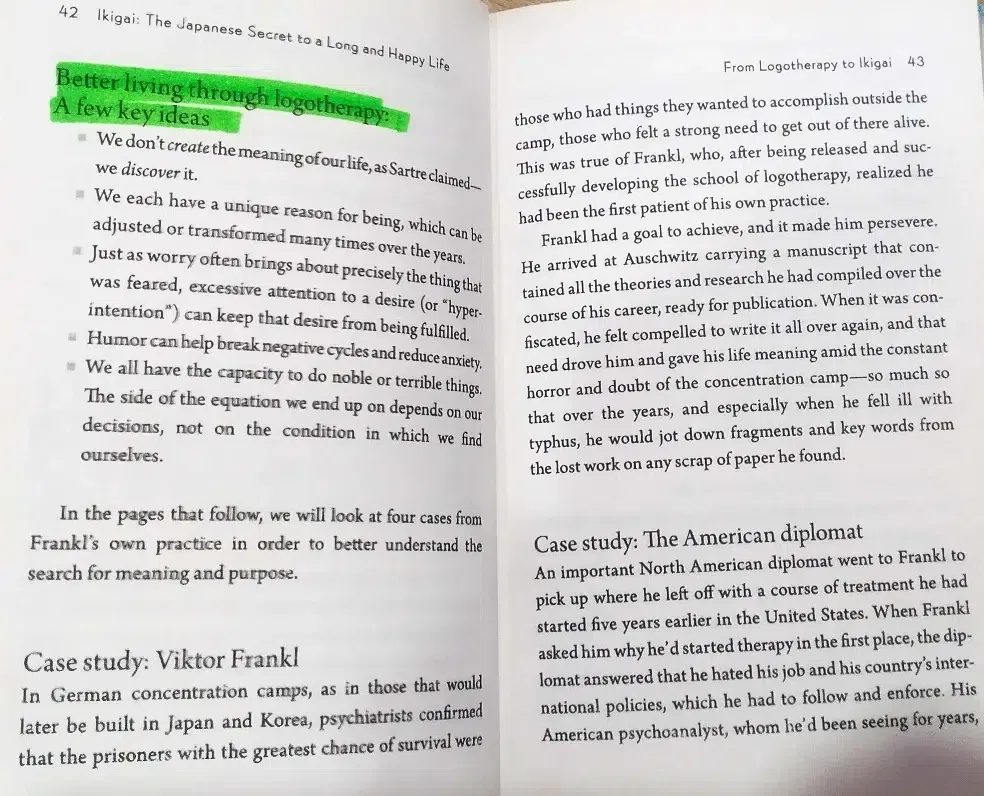
Morita therapy
Morita therapy is not meant to get rid of symptoms; it teaches us to accept our desires, anxieties, fears, and worries and let them go.
It proved to be effective in the treatment of neurosis, obsessive-compulsive disorder, and post-traumatic stress.
The basic principles of Morita therapy:
- Accept your feelings.
- Do what you should be doing.
- Discover your life’s purpose.
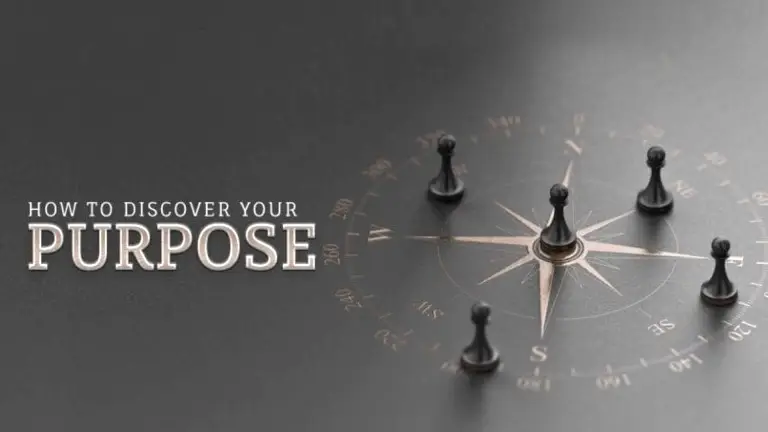
4. Find Flow in Everything You Do: How to turn work and free time into spaces for growth
“We are what we repeatedly do. Excellence, then, is not an act, but a habit.”-Aristotle
Flow is a state of mind where there is no future and no past. There is only one present. You are completely immersed in the experience, without thinking about or being distracted by anything else.
It happens when you are doing something that you enjoy. For the author, it may be writing; for a painter, it is painting.
As Csikszentmihalyi asserts in his book Flow: The Psychology of Optimal Experience, flow is a state in which individuals are so absorbed in an activity that they seem to disregard any other factors. The experience itself is so satisfying that individuals will undertake it, even at great expense, simply for the sake of doing it.
The Seven Conditions for Achieving Flow
According to researcher Owen Schaffer of DePaul University, the requirements for achieving flow are:
- Knowing what to do
- Knowing how to do it
- Knowing how well you are doing
- Knowing where to go (where navigation is involved)
- Perceiving significant challenges
- Perceiving significant skills
- Being free from distractions
The author stated that the one thing that is common among Japanese artisans, engineers, and inventors. All of them understand the importance of flowing with their ikigai at all times.
This is shown when retired Japanese people take care of their rice fields or when college students work weekends at convenience stores.
The author shared with us the tale of Jiro and his son, who are renowned for their culinary skills. They are not bored when they cook; they achieve a flow state. They feel happy and fulfilled when they are in the kitchen. This is their ikigai. They have learned to enjoy their job and forget about time.
5. Masters of Longevity: Words of wisdom from the longest-living people in the world
In this chapter, the author has shared with us an interview that he conducted about the life philosophies of a few international champions of longevity.
- Misao Okawa : “Eat and sleep, and you’ll live a long time. You have to learn to relax.”
- María Capovilla: “I’ve never eaten meat in my life.”
- Walter Breuning: “If you keep your mind and body busy, you’ll be around a long time.”
All the supercentenarians inspired us to bring energy and meaning to our lives. Your mission in life is to bring you joy and satisfaction. Find what form of art you like. Even after retirement, you can enjoy it. It may be singing, dancing, writing, and anything you like.
Once you’ve found what’s essential to you, use it as a guide to create achievable and meaningful goals that will move you closer to true happiness and longevity.
Make sure that your mission statement is clear and realistic. It should be something that will drive you forward with energy and enthusiasm.

6 Lessons from Japan’s Centenarians: Traditions and proverbs for happiness and longevity
In this chapter, the writer talks about and shares their interviews and thoughts on life, their ikigai, and how they stay healthy for a long time as an ogimi person.
1. Don’t Worry
Keep smiling and enjoy with everyone and everywhere you can. You should keep your heart young; don’t let it get old.
Please do what you like, whether it is gardening or singing.
2. Cultivate Good Habits
They also says:
“To live a long life, you need to exercise, eat well, and spend time with people.”
Wake up early in the morning. Do a little exercise by lifting my arms up. Eat a little bit of everything you like and it’s good for your body.
3. Nurture your friendships every day
My most important goal is spending time with my friends. Talk and share your thoughts with friends and neighbors. Enjoy tea and food with them. And singing together.
4. Live an unhurried life
Slow down and relax. You can live longer if you don’t hurry things. Have a peaceful life and enjoy the little things.
Always be busy, but focus on one task at a time without feeling overwhelmed.
5. Be Optimistic
Live your life full of health and positive energy. Keep smiling and laughing. Laughing is the most important thing in life.
7. The Ikigai Diet: What the world’s longest-living people eat and drink
Here, the author informed about the “Okinawa Diet” which is so often discussed worldwide at nutrition panels. They reached the following conclusions:
- Locals eat a wide variety of foods, especially vegetables.
- They eat at least five servings of fruits and vegetables every day.
- Grains are the foundation of their diet.
- They rarely eat sugar, and if they do, it’s cane sugar.
Hara Hachi Bu
You’ve probably heard an Okinawan elder intone this inspired adage before beginning a meal: hara hachi bu, a reminder to stop eating when their stomachs are 80 percent full. Okinawa has more centenarians than any other place because people there follow a strict diet and eat mindfully.
Skipping dessert is a quick way to apply the concept of hara hachi bu. Or to reduce portion size.
8. Gentle Movements, Longer Life: Exercises from the East that promote health and longevity
The longest-living people in the Blue zones are either forty or ninety-nine years old; they are all highly active. They wake up early in the morning, have breakfast, and start their routine work like gardening.
The writer talks about some easy exercises that are really good for your health. They’re good for older people who have a hard time staying fit. They bring body, mind, and soul into balance.
Radio Taiso
This morning is a warm-up for the Japanese. The name “radio” comes from when people used to listen to instructions on the radio, but now they watch videos on TV or the Internet that show how to do the exercises.
Yoga
Yoga is an ancient practice that may have originated in India. Yoga is very popular in Japan and the West, and anyone can do it.
There are many ways to do yoga.
- Jnana yoga: Pursuit of wisdom and mental discipline.
- Karma yoga: Emphasizes actions and duties that benefit self and society.
- Bhakti yoga: Involves devotion and surrender to the divine
- Mantra yoga: Uses repeated mantras to reach a relaxed state.
- Kundalini yoga: Combines different techniques to achieve desired mental states
- Raja yoga: Also called “royal path”. Uses various practices for self-realization and unity with others.
- Hatha yoga: Combines physical postures (asanas). Seeks balance in mind and body.
Tai Chi
Tai Chi involves a steady pace — which brings with it many health advantages, too, like better stability, mobility, and coordination.
Tai chi is a mind-body exercise that combines movements, meditation, and deep breathing. It is also called tai chi chuan.
9. Resilience and Wabi-sabi: How to face life’s challenges without letting stress and worry age you
Everyone with a clear ikigai has one thing in common: they always pursue their passion. They don’t give up, even when things seem impossible or difficult.
Japanese are more resilient. They cultivate the habit of staying focused on the important things in life rather than what is most urgent.
We all need to improve our resilience. Our resilience will make it easier for us to pick ourselves up and return to what gives meaning to our lives.
If you'd like to read or listen to the complete book of "Ikigai" (Francesc Miralles, Hector Garcia), Click Here To Buy Now
Ikigai Book Quotes
“Ikigai is the joy of living a full and meaningful life.”
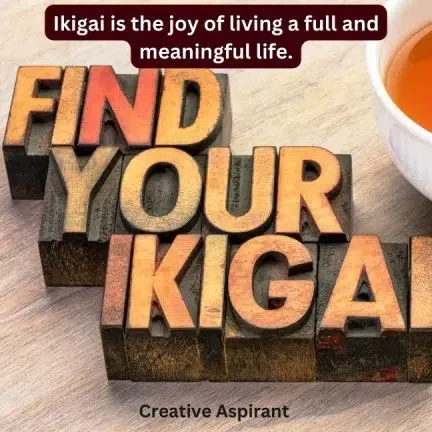
We don’t create our feelings; they simply come to us, and we have to accept them. The trick is welcoming them.
“Live a life of purpose and discover true happiness.”
“Your ikigai is at the intersection of what you are good at and what you love doing.”
“Ikigai is not something you find, it is something you create.”
“Ikigai is the reason you get up in the morning.”
“Walk slowly and you’ll go far.”
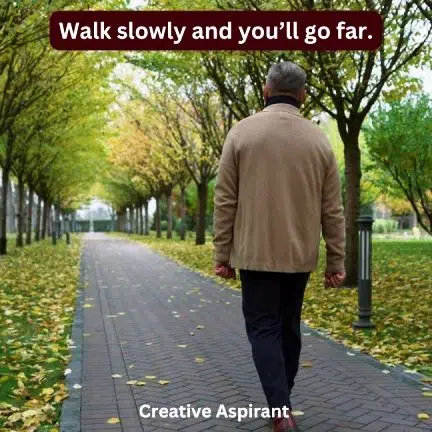
“The key to finding your ikigai is to stay true to yourself.”
To be able to concentrate for a considerable amount of time is essential to difficult achievement”
“Our ikigai is different for all of us, but one thing we have in common is that we are all searching for meaning.”
“Ikigai is the passion that drives you towards your purpose.”
“The grand essentials to happiness in this life are something to do, something to love, and something to hope for.”
“There is no future, no past. There is only the present.”
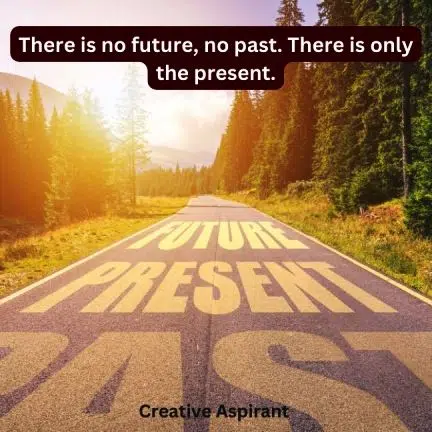
” Your ikigai is what gives you meaning and purpose in life. It’s the reason you get up in the morning, and it’s what drives you to keep going, even when things get tough.”
“Finding your ikigai is the key to unlocking a happy and fulfilling life.”
“Ikigai is the balance between what you love and what the world needs.”
“To find your ikigai, you need to look inside yourself and ask what truly makes you happy. You need to discover your passions and find ways to turn them into a profession or vocation.”
“Your ikigai is unique to you, it is a reflection of your passions, values and strengths.”
“Ikigai is not about making a living, it’s about making a life.”
“Ikigai is a sense of belonging and fulfillment that comes from living a life that is true to yourself.”
“Ikigai is the harmony between your profession and your vocation.”
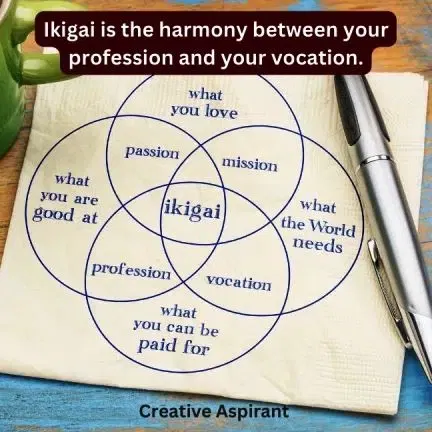
“Ikigai is the journey of discovering what you are meant to do and who you are meant to be.”
“Ikigai is the secret to living a long and happy life.”
“Ikigai is the intersection of your talents, passions, values and the needs of the world.”
“Be led by your curiosity, and keep busy by doing things that fill you with meaning and happiness.”
“Life is not a problem to be solved. Just remember to have something that keeps you busy doing what you love while being surrounded by the people who love you.”
“Everything can be taken from a man but one thing: the last of the human freedoms—to choose one’s attitude in any given set of circumstances, to choose one’s own way.”
“Simply interacting with others—playing a game, for example—offers new stimuli and helps prevent the depression that can come with solitude.”
“Stop regretting the past and fearing the future. Today is all you have.”
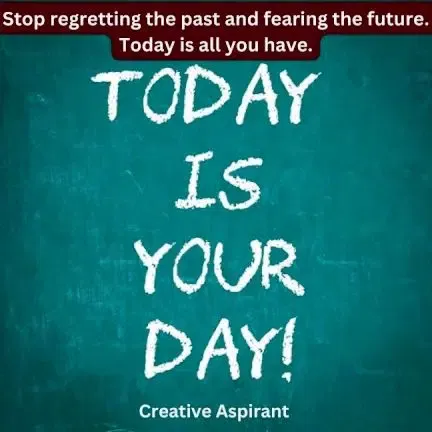
“There is nothing wrong with enjoying life’s pleasures as long as they do not take control of your life as you enjoy them”
“We don’t create our feelings; they simply come to us, and we have to accept them. The trick is welcoming them.”
The moment. Stop regretting the past and fearing the future. Today is all you have. Make the most of it. Make it worth remembering.
Only things that are imperfect, incomplete, and ephemeral can truly be beautiful because only those things resemble the natural world.
“The happiest people are not the ones who achieve the most. They are the ones who spend more time than others in a state of flow.”
“A happy man is too satisfied with the present to dwell too much about the future.”
“Concentrating on one thing at a time may be the single most important factor in achieving flow.”
“It is much more important to have a compass pointing to a concrete objective than to have a map.”
“Metabolism slows down 90 percent after 30 minutes of sitting.”
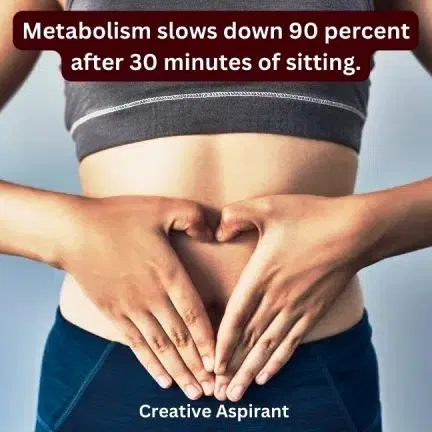
“If you look the right way, you can see that the whole world is a garden.”
Read More : Quotes On The Miracle Morning
Takeaways
I recommend reading the Ikigai book. That can help you improve your way of living and lead a long and happy life. Here are some takeaways from the book:
- The book can help you find your purpose in life and gain a more profound perspective on life.
- It gives you the tools to discover your own ikigai, making life more meaningful and happy.
- The book is easy to understand and can help you broaden your perspective.
- It will help you reflect on the meaning of life and take a step back to slow down.
- It is inspiring and comforting, and it can help you leave behind urgency and find peace.
